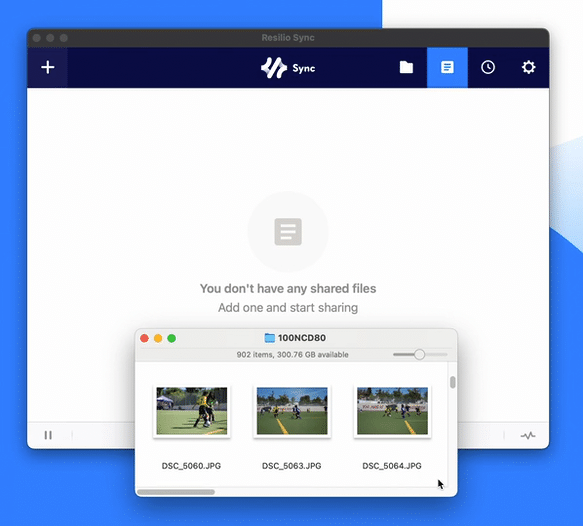How to Install Docker on Fedora: Step-by-Step Guide
Looking to install Docker on Fedora? Docker simplifies application deployment by using containers. Follow this optimized guide to set up Docker effortlessly on your Fedora system. What is Docker? Docker is an open-source platform that allows developers to automate the deployment, scaling, and management of applications using containerization. Containers are lightweight, portable units that package … Read more


